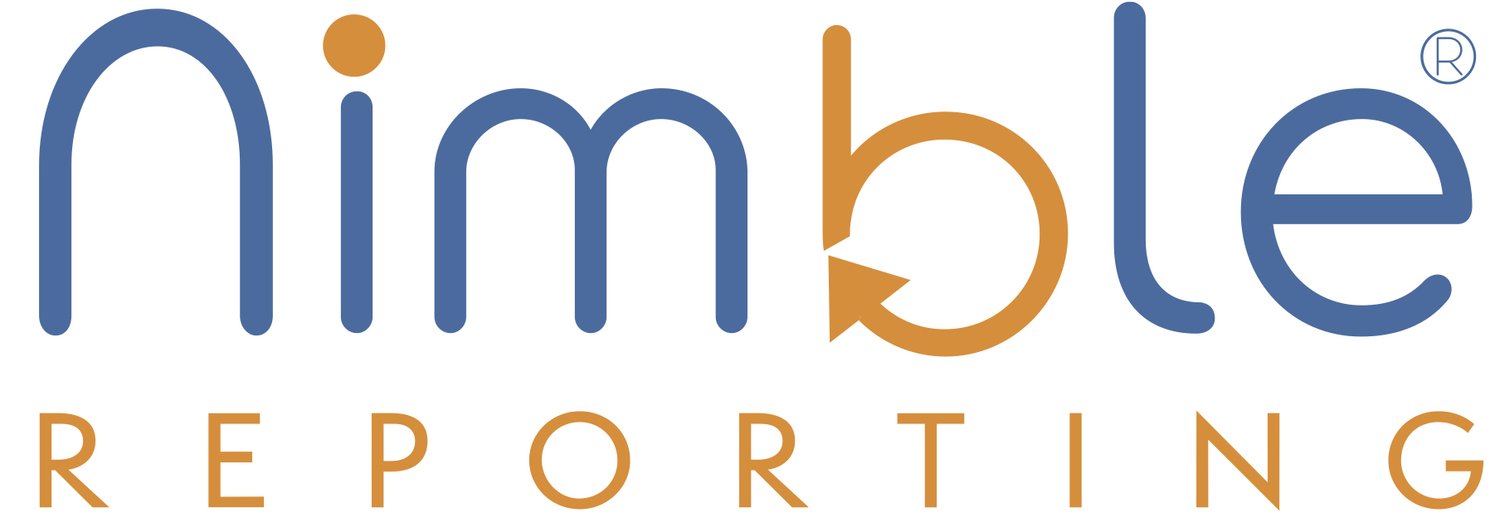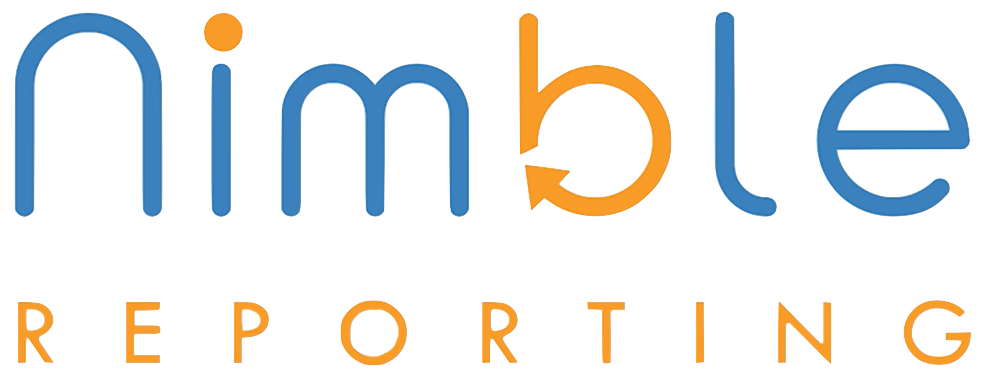8 Payroll Trends to Keep Pace With in Your Business
Everything changes with time. Technology is leveraged to make business more efficient. The needs of the customer change and migrate. Circumstances create new opportunities. The list goes on. Those who do not adapt are many times left in the dust. So with payroll—which touches humans in a very basic way—its important to stay on top of the trends and move with the changes. Here’s eight things to look for.
Following years of change in business practices, especially during the COVID-19 pandemic that disrupted the world's economy, employees and employers are looking for something different. They want a new relationship with work, characterized by balance, connection, and equity, especially concerning payroll issues.
According to a 2022 Gallup Poll, 64% of employees name pay and benefits as their top job search priority. For companies still relying on outdated payroll systems, older payroll software, and even manual processes, understanding the modern landscape can go a long way toward growing a successful business.
This article will cover some of the payroll trends for the year. These trends not only point to the future of payroll, but also could lead to a better climate at your business.
1. Earned Wage Access
Earned wage access (EWA) has become increasingly popular as employees are feeling the crunch of a recession and an increased cost of living.
Third-party providers allow employers to offer employees the option to access their earned wages. Employees can access some of their earned wages earlier rather than waiting for payday. Among other benefits, this can help them manage their finances.
This payroll trend centers on flexibility for employees and stress reduction through an automated, cost-effective practice that usually doesn't disrupt the employer’s payroll processing actions.
2. Pay Transparency Practices
In line with other payroll industry trends, employees care about pay transparency. This is so important to employees that employers should consider including pay transparency practices to help improve employee retention and employee culture.
In addition, some states and localities have implemented pay transparency laws and it is likely to become more prevalent in other states and localities. Make sure your business is in line with these pay transparency laws.
3. Simple Payroll Processing
Employers more than ever want simple and easy payroll processing.
Thankfully with the increasing availability of user-friendly payroll software interfaces, employers can make the payroll process easier for everyone involved. This also makes for faster payroll processing and more accurate payroll.
Online payroll processing platforms make it easy for customers to manage payroll processing throughout the employee lifecycle―from onboarding to hiring through promotion, even off-boarding.
Additionally, we simplify the timecard process with automatic time tracking and scheduling. Our virtual time and attendance tools allow employers to track total hours, overtime accruals, and project expenses, while employees can view their schedules, clock in and out, and request/manage time off. With real-time employee data, you can make informed workforce decisions on the fly.
4. Artificial Intelligence
Artificial Intelligence (AI) tools are becoming ubiquitous—an essential part of any business.
AI embedded in software can help increase automation, enabling employers to focus on important tasks that require more human attention. This can be particularly important for small businesses.
AI tools can help companies support compliance such as automated updates of minimum wage and to help monitor for compliance concerns—and possibly help correct them. This function can help make payroll processing more accurate, reduces human error and automate processes.
While the use of AI tools and its capabilities may still be an evolving area, employer should be aware that the use of AI is becoming more widespread.
With access to standard and customizable reports and dashboards, you’ll gain insights into your workforce analytics, including HR, payroll data, and TriNet-sponsored benefits information. Payroll, billing, and HR reports are available in the platform and are easily exported and transferred to practical charts and graphs that make it easy to quickly spot trends.
5. Gig Economy
Another change in the U.S. economic system in recent years has been the growing gig economy, made up of independent contractors and global workforce. With the dramatic increase of independent contractors and global workers, questions arise about payments. Perhaps the onboarding and paying independent contractor and international workers will become an important factor in the gig economy equation.
6. New Payroll Software
Developers and payroll systems continue to boost the performance and user experience for businesses and employees. TriNet's comprehensive software makes running payroll easier than ever. Our online payroll services include payroll processing with direct deposit, as well as simplified paperless functions with digital paycheck stubs and electronic W-2 preparation and delivery.
The self-service platform allows customer employees to enroll in direct deposit, view paycheck stubs and tax forms, change their status, and even track time off in a convenient app. TriNet also integrates with leading accounting systems. TriNet's software provides HR departments with professional support and the latest in payroll technology.
7. Financial Wellness Focus
Employees want their company to care about them as people, not just as business units. They want to feel that their wellness is considered, and that includes financial well-being.
More businesses are showing that level of commitment by offering financial wellness services like offering employees access to financial wellness providers, matching contributions to 401(k)s, and financial education options.
8. Compliance Support
Payroll compliance continues to be an essential function of payroll operations. And this task seems to get more complicated every year as payroll rules and requirements change. TriNet provides experts who help provide expertise so customers can comply with payroll-related federal, state and local laws regarding pay and payroll taxes.
TriNet calculates, withholds and remits federal, state, and local payroll taxes for payroll processed through its platform. The platform can also handle tax documents, including electronic W-2 preparation and delivery, and other functions like managing unemployment taxes and claims.


